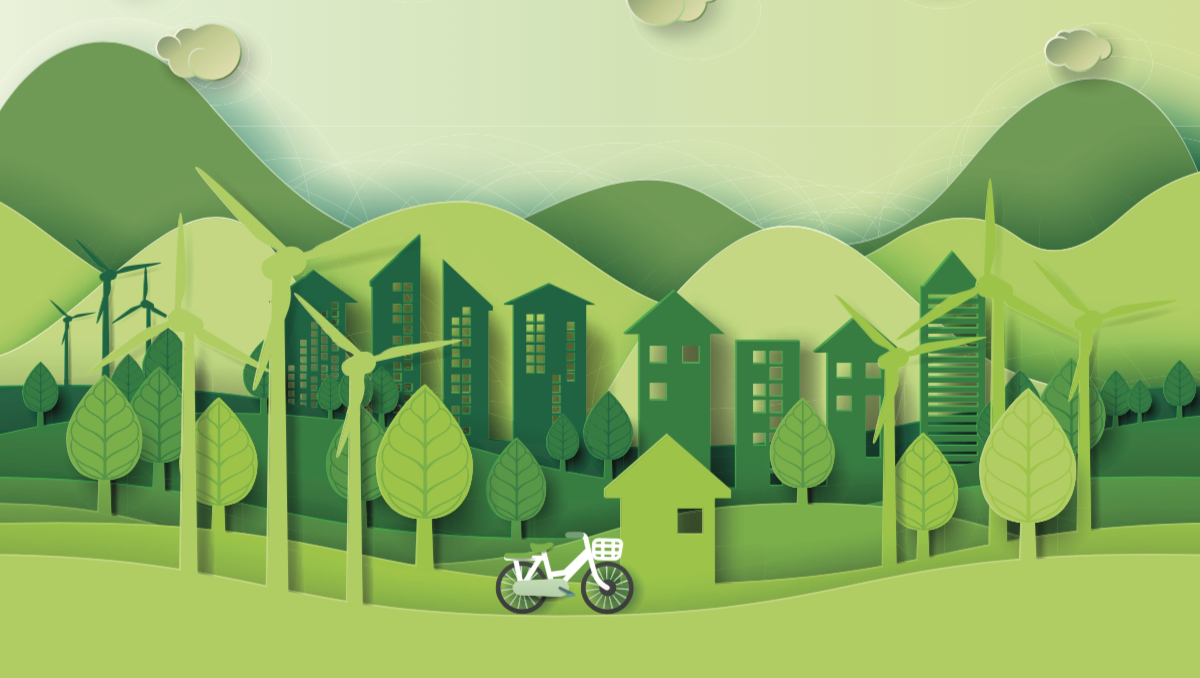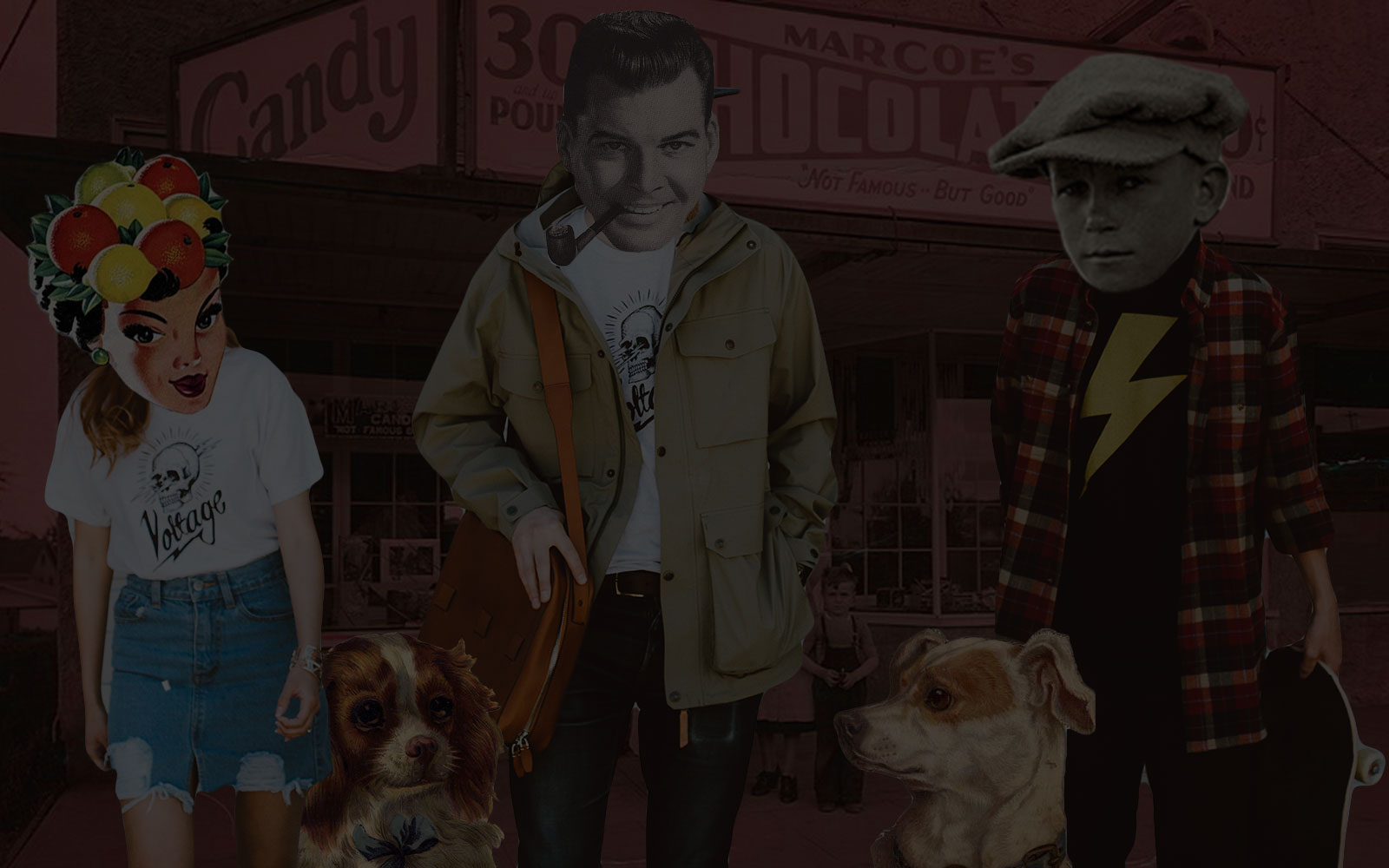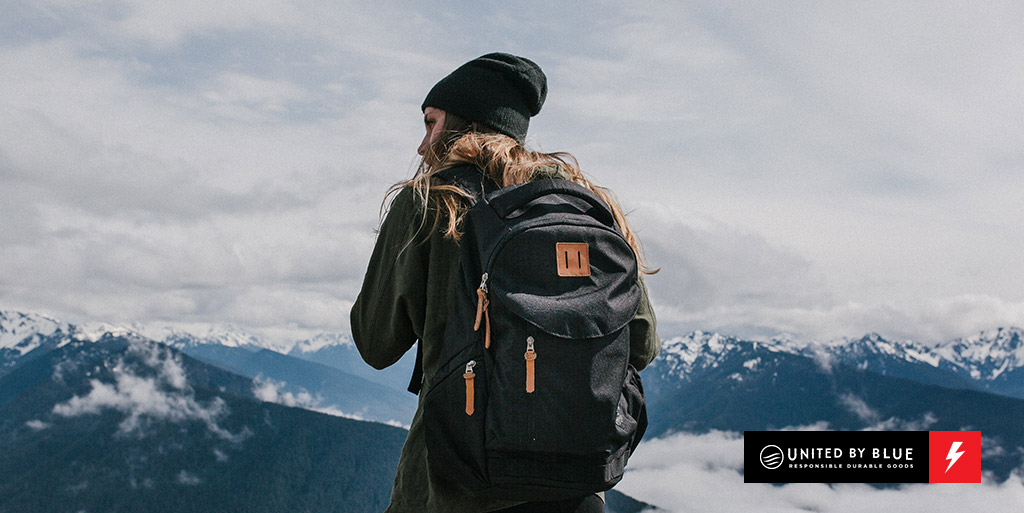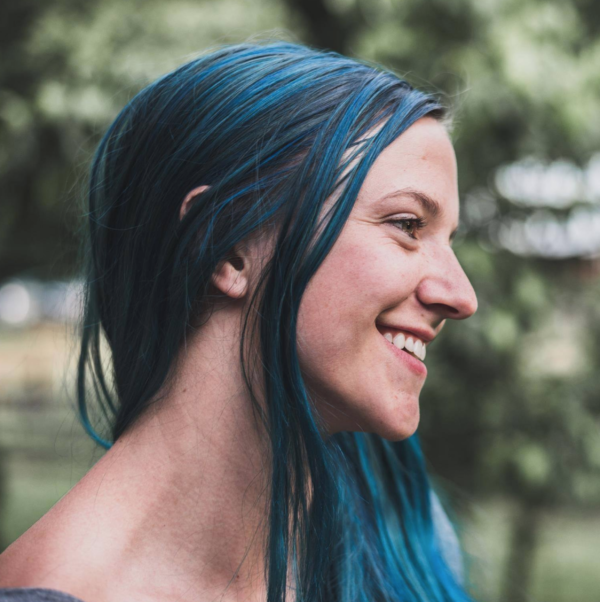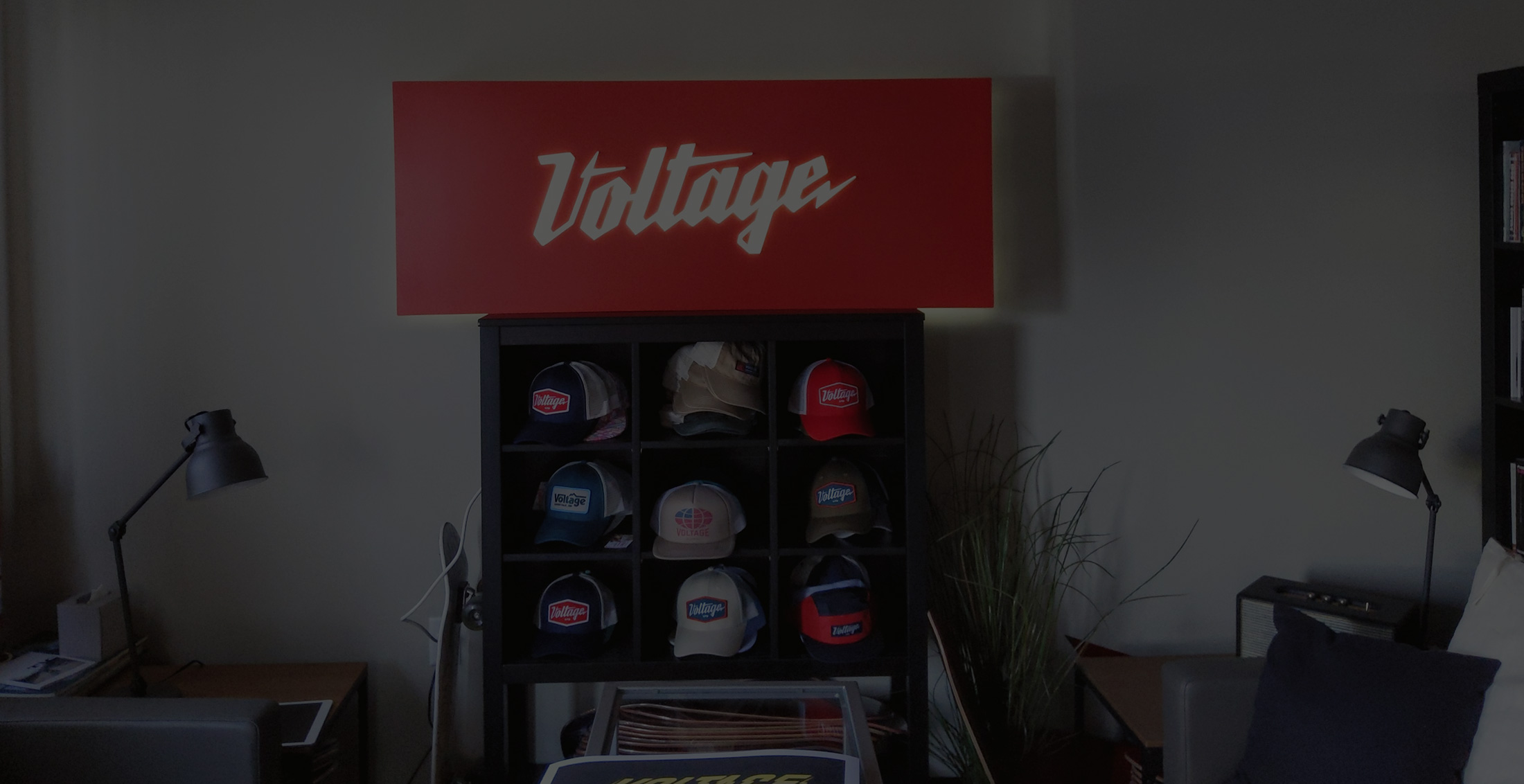This is part 2 of Eric’s interview with Brian Linton, founder and CEO of sustainable apparel and accessories brand United By Blue. Catch up on their brand origins, left turns and commitment to sustainability in part 1.
So I’m sure your mission influences your design of your products. Tell me a little bit about that. Would you say you started this brand with mission first?
Yeah, for sure. I mean, from day one, it was always about the mission and unfortunately the product was sort of secondary in the first few years. That sort of held us back because we were so focused on mission and not making great products, and once we found the balance of making great product and having a great mission, that’s when we really started to take off.
We do make our product with the mindset that it can still exist without the mission if need be. If you were to walk into a store or see our website – you need to like the product, right? And then the mission is the cherry on top.
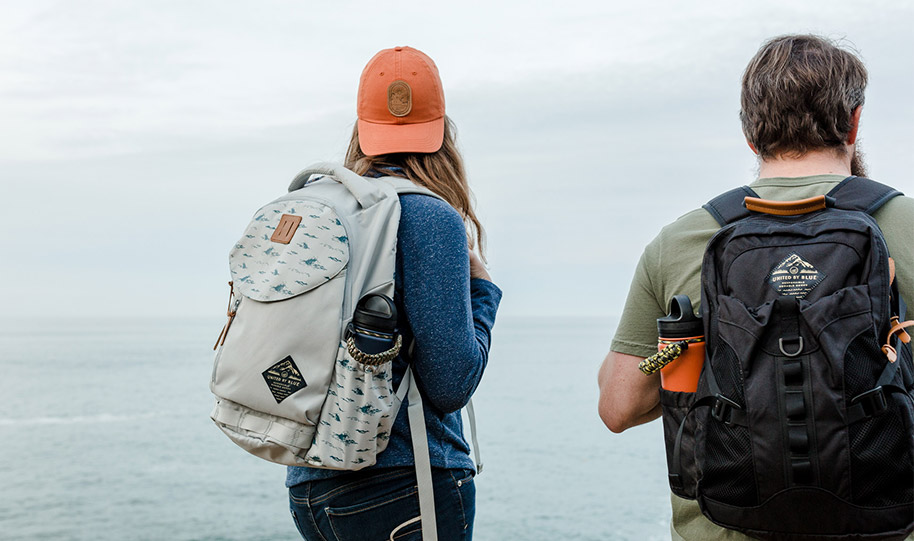
Our product really is designed to be competitive with non-sustainable brands both on price and on aesthetic. And so when you look at United By Blue, you’ll see a product that is really high-quality – we’re all about quality and durability and sustainability. You’ll also find a product that has layers – many layers. On the surface level it might be something as simple as a nod to our sustainability side of things with maybe the material that we use. Then you dig deeper and you look at buttons and you say “oh these buttons are not even real plastic, they’re corozo,” which is made from tagua nut, which is a biodegradable organic material – so we don’t use plastic. Or if you order from us online, you’ll notice you get product petitioning for not using plastic bags. All of those layers are part of being United By Blue.
That’s cool. I love your bags too. I’ve seen them in a couple stores lately – like your duffels are really cool. How has your product line developed? You said it took you awhile. What were some of the key things that helped it develop? Was it consumer feedback? Was it just getting the right designers in place? Being a designer, I love to hear those kinds of stories – you know, what led you to where you’re at.
Sure. We’ve always sort of been graphically driven. So, you know, we have a strong understanding of the graphic mark, what people look for in an aesthetic of the graphic. So I started with graphic tees and it took us, like I said, a few years to really crack the code. But once those were really doing quite well, we started to expand the line and introduce bags, woven shirts and bottoms, and a lot of other accessories that are graphic in nature like our drinkware line, enamelware,, insulated stainless, things like that.
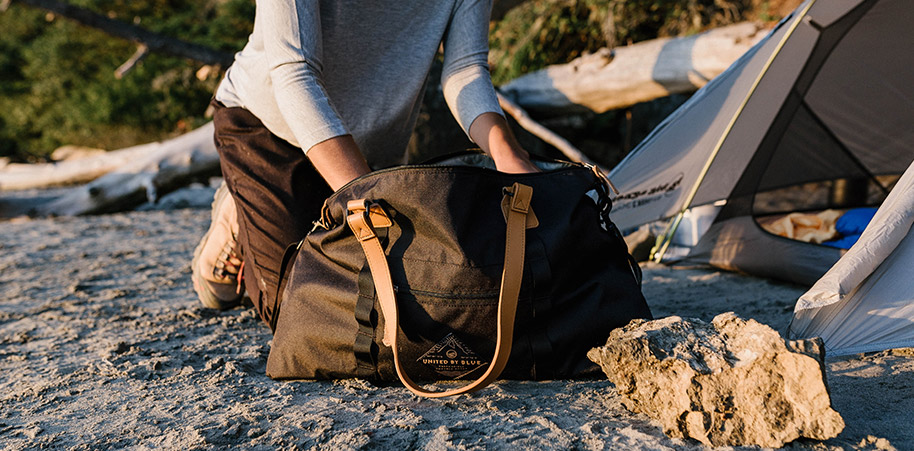
We’re a comprehensive lifestyle brand – we’re head-to-toe apparel and then, you know, bits and pieces of accessories that fit in your day-to-day life. So, you know, like today – traveling back from New York City, back in Philly, I’m wearing basically all United By Blue, carrying a United By Blue Bag, drinking out a United By Blue water bottle, writing in a United By Blue journal. So it sort of hits my entire life. Although that can be a challenge in building a brand across multiple categories of products, for us, it’s about this entire lifestyle and experience of being United By Blue.
That’s really cool. So Brian, in your opinion, what is the future of retail? It sounds like you’ve got a lot of vendors and partners or retail stores, but you also sell direct. What kind of changes have you seen and where do you think retail’s going? How do you succeed in retail in the future?
For us, we have a few stores of our own – two in Philadelphia – that help us get people around us and creates more of a regular base. I think on the surface level, it’s already being talked about and sort of a buzzword, something we’ve been looking at for awhile – but the sense of experiential retail and the idea that, you know, if you’re going to have physical retail space, you need to be more than just a mundane shopping experience – it has to be more about an experience. And for us, the experience is the community, the people around the table that you share that experience with. Literally for us – it’s a figurative and literal table because we have a cafe.
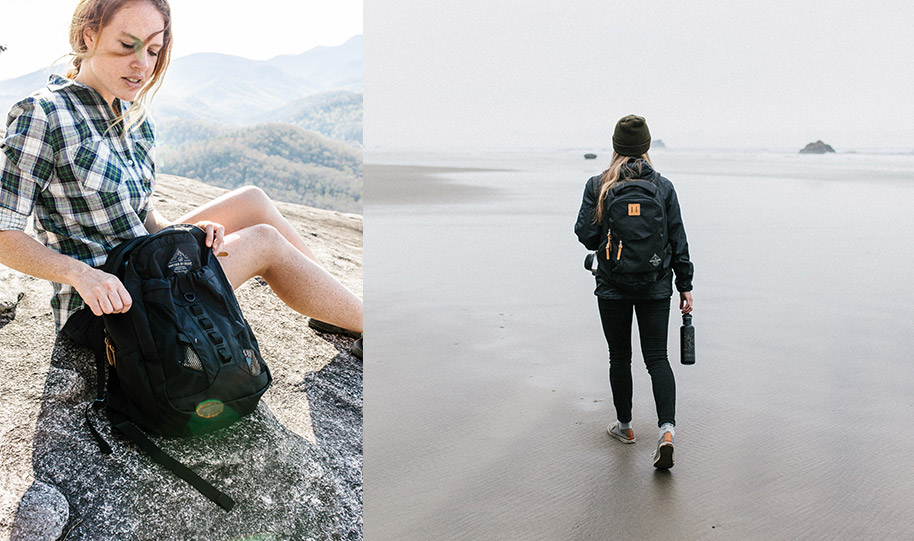
On the eCommerce and direct side – it’s similarly about an experience, but it’s also about our mission, it’s about our cause, it’s about the discovery process – the exciting process of finding these things and creating a reason to come back regularly to UnitedByBlue.com to make new discoveries. And we accomplish that through a lot of our fun little accessories, which gives us the ability to rotate through new graphics.
We like to see our customers come back every few months. We want to see people shopping with us regularly and displacing their normal buying behavior at maybe non-sustainable brands with United By Blue. And so it’s about the discovery process and the experience online. Not just, again, a straightforward shopping experience where you can just buy a product and leave. You’re doing a little bit more on our website than you would maybe do elsewhere.
As an entrepreneur too, I know, like, how grueling it can be at times. What have you learned as an entrepreneur and starting your business? I mean obviously you’ve built this successful brand and company. What are lessons learned that you would share with other entrepreneurs – what kind of advice would you give them?
I think the biggest thing is patience, brand building… the media loves to talk about what they would call “overnight sensations” and things like that. Even those are, you know, years in the making or some of them are not as successful as they might look on the surface level. I think that creating a true brand with lasting power that is going to be around for 50 years or more takes patience. And it takes discipline. So brands aren’t born, they’re built. And I think that’s probably the most important thing. But yeah, strictly speaking from a consumer brand standpoint, I think that you have to be patient and put in the time and understand that you can’t just start a brand and call it a brand one year.
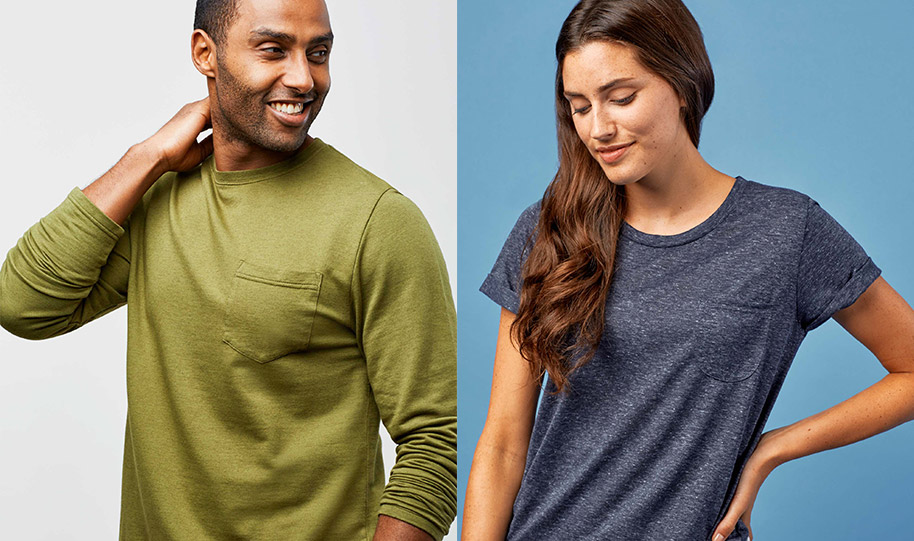
I remember early on, in 2010, walking up to those retailers like REI, and I’d say “this is my brand, here it is,” and they’d be like, “Brian, it’s cool, but you know, we’re like, focused on, like, brands right now.”
It always confused me when people say like, we’re not going to buy from you because you’re not a brand. Because the way that a buyer sees it, or maybe a consumer behaves around a brand is that again, a brand isn’t born, it’s built. So there is a certain point in a brand’s existence, or a company’s existence, when it becomes a brand. For some that might be a year, for some that might be 10 years. For us I think we were out probably three or four years to where I would say that we eventually became a brand, not just the thing that I was trying to do. If that makes sense.
Yeah, no, totally. I love that. “Brands are born not built.” That’s a great message. It’s funny, like you said, I’ve seen other entrepreneurs, a lot of these guys get the spotlight, but if you really dig deep, people have had their failures or their run-ins where they learned a lot. It takes time and patience.
So where’s the future vision of United By Blue in your mind? Where do you want to go?
We want to be the generational outdoor brand for the millennials – we want to be what people look at when they look at the baby boomers, when they think about the generation of Patagonia, North Face, Columbia. What are people going to look at when millennials are 50 and 60 years old – what’s their brand? What’s the generational brand for them? I think big when it comes to where I want United By Blue to go – I want it to be one of those heritage brands that are known for a certain aesthetic – not that it’s has to be tied to that, you know. I think that there’s white space or certain opportunities right n
ow in this time to be at max Patagonia and sort of be that generational brand. So that’s the big picture.
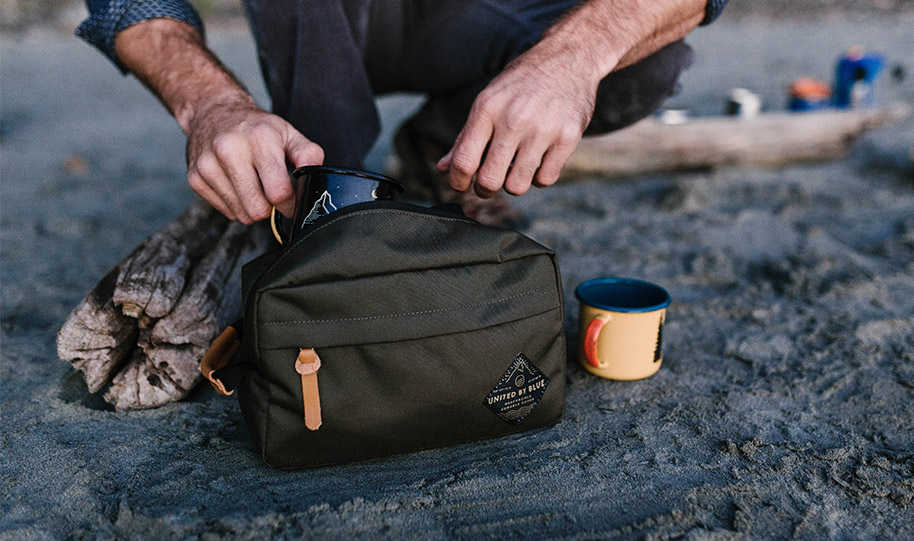
On the smaller sort of level, the next thing for United By Blue is for us to really continue to grow our relationships with our retailers. We have a lot of great retailers. It’s really to go deeper versus broader with the relationships and try to really establish ourselves with a lot of these partners – and same thing goes for our relationship with our direct-to-consumer customers.
We’re definitely going to go broader, get more customers via a bunch of different strategies, but it’s really about those deeper relationships and getting people back to the website, back to the stores on a more regular basis to explore our new products.
Well, that’s awesome. I like your name and that it’s clear with your mission – what made you come up with the name? How did you land on that?
I mean, it really is just a descriptive name and in many ways it’s about being united by, by the blue parts of our planet – you know, the one thing that unites all of humanity, all of life actually, beyond humanity. When we look deep into outer space, we’re looking for liquid water because we know that’s what going to harbor potential life. So it’s universal to be “united by blue.” So the name sort of embodied the spirit of that as well as the idea that you need to protect it.
You can dive into United By Blue at unitedbyblue.com or on social @unitedbyblue where you can scout and join upcoming water clean-ups.
